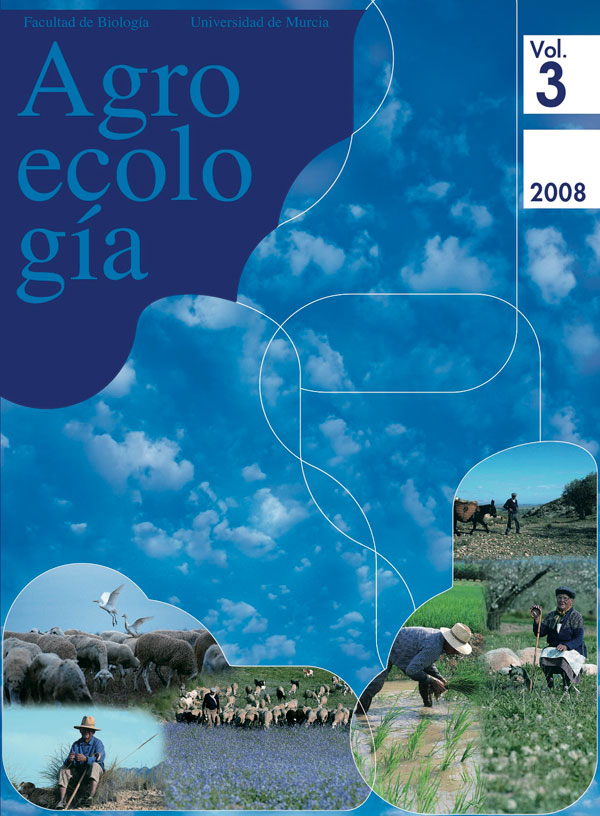The impacts of climate change on smallholder and traditional peasant communities and their adaptive responses
Abstract
Most models predict that small farmers will disproportionatelly share the negative effects of climate change, partuclarly those living in rainfed areas. Increases in temperature, drougths, hurricanes, etc could reduce productivity up to 50% in certain regions. Many researchers assert that while climate change reduces yields, the effects on the livelihoods of subsistence farmers could be severe. Existing models however provide a mere approximation of the expected effects and in most cases hide the enormous variability in the adaptive responses exhicited by hundreds of rural communities throughout the Third World. Many traditional communities seem to cope and even adapt to extreme weather fluctuactions. In fact many farmers even prepare to changing climate conditions minimizing yield reductions through the use of tolerant local varieties, polycultures, agroforestry systems, water harvesting, organic soil fertilization, and a variety of otehr techniques. Given this, it is imperative to re-evaluate indigenous knowledge and technologies as a key source of information of adaptive strategies centered on the experimental and innovative capacities of small farmers when confronting climate change. Understanding the agroecological adaptive and resilient mechanisms of small farmers is vital to design new agroecosystems in an era of climate change.Downloads
Las obras que se publican en esta revista están sujetas a los siguientes términos:
1. El Servicio de Publicaciones de la Universidad de Murcia (la editorial) conserva los derechos patrimoniales (copyright) de las obras publicadas, y favorece y permite la reutilización de las mismas bajo la licencia de uso indicada en el punto 2.
2. Las obras se publican en la edición electrónica de la revista bajo una licencia Creative Commons Reconocimiento-NoComercial-SinObraDerivada 3.0 España (texto legal). Se pueden copiar, usar, difundir, transmitir y exponer públicamente, siempre que: i) se cite la autoría y la fuente original de su publicación (revista, editorial y URL de la obra); ii) no se usen para fines comerciales; iii) se mencione la existencia y especificaciones de esta licencia de uso.
3. Condiciones de auto-archivo. Se permite y se anima a los autores a difundir electrónicamente las versiones pre-print (versión antes de ser evaluada) y/o post-print (versión evaluada y aceptada para su publicación) de sus obras antes de su publicación, ya que favorece su circulación y difusión más temprana y con ello un posible aumento en su citación y alcance entre la comunidad académica. Color RoMEO: verde.





